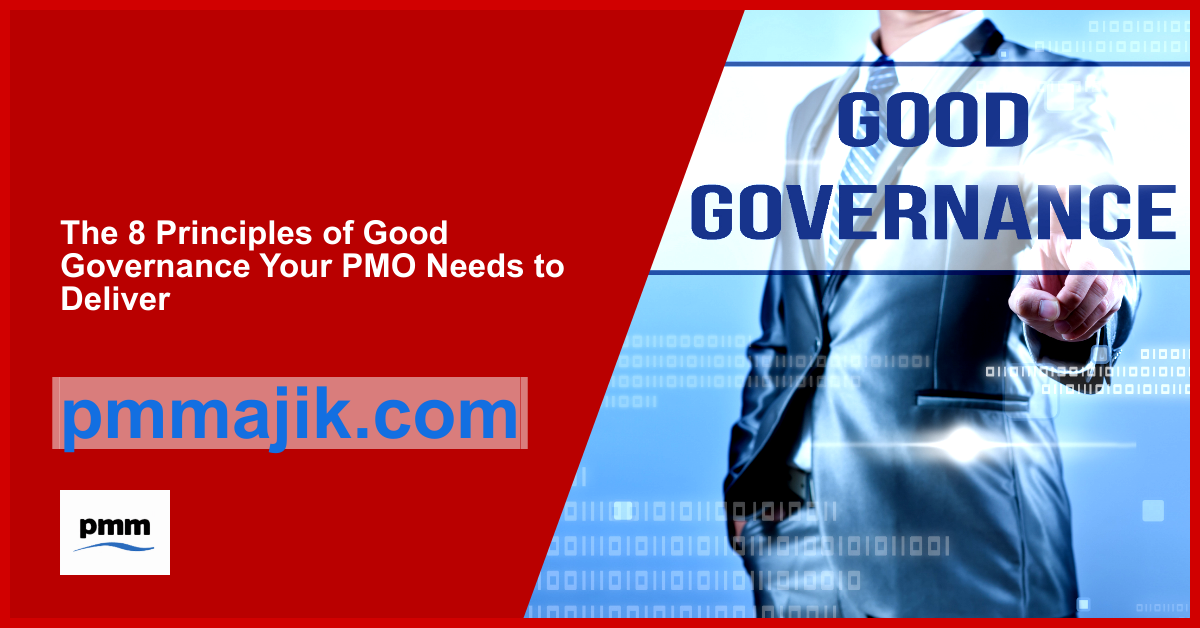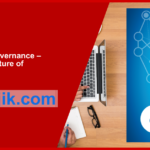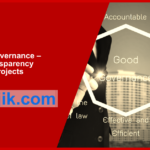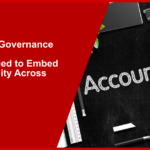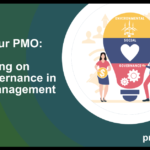Good governance is all about making sure a business is run in line with how the leaders expect, and a project management office (PMO) can make sure this happens across projects. Operating within a PMO, you need to be aware of the eight principles of good governance you need to deliver.
Here, we’re going to look at the top-level ideas of good governance and how they work in a PMO and project setting. Over the coming weeks, we’ll look at each good governance principle in more detail and how you can excel at governance in your PMO.
What are the principles of good governance?
Governance is one of the core responsibilities of a PMO. Your office is there to make sure project are being run – or governed – in the way they should.
It’s down to the PMO to have processes and procedures in place to make sure projects are delivered. As much as a successful project is about the end result, governance makes sure the product or service has been made in the right way.
Let’s explore the core eight principles of good project governance.
1. Participation
Good governance is a participatory practice. In general, this means that stakeholders and decision-makers are involved throughout the process.
In terms of projects, you need to make sure that everyone, from the project team to the client and the end-user, are brought in at the right time. In a PMO, this would mean you have a clear schedule for each project that notes who is involved in which step.
2. Transparent practices
Generally, transparency means that information is accessible, decisions are justified, and processes are clear. It’s a means to build trust between everyone involved.
For a project, transparency means documenting the process fully and having decisions justified. This means that you can easily identify when and why a project goes off track. It’s also useful to be able to gather data to spot long-term trends.
3. Being responsive
Stakeholders need to have their expectations and concerns responded to in a timely manner. This again builds trust and generally encourages issues to be addressed effectively.
When putting this into a project context, it means that projects need to respond to stakeholder concerns as well as:
- Changes in scope
- Metrics and KPIs that are off-track
- Resourcing issues
- Changing risk profiles
And many more elements. Problems should be attended to quickly and professionally.
4. Effective and efficient management
Resources need to be managed effectively and efficiently when aiming to improve governance. Services need to be delivered when needed and within allocated budgets.
Plugging this into a project setting, you will have a finite set of resources – people, hardware, space, etc Your PMO needs to make sure is deployed across projects in a way that will get them delivered on-time and on-budget.
5. Building consensus
Encouraging conversation, facilitating negotiations, and enabling collaborations are all hallmarks of what consensus looks like. It reduces conflict and ensures end results are what has been agreed.
For your PMO, it’s about making sure everyone who needs to be asked for input is. You also need to make sure project managers and their teams are able to work together and share ideas and resources when needed.
6. Accountability
There needs to be mechanisms that make sure people, companies, and institutions are held accountable. This makes sure that there are consequences for actions and everyone can be asked questions.
To hold a project to account, you can set objectives, goals, and KPIs. These should be at a project level and split down to team members so everyone knows what they need to achieve and why they need to do their work.
7. Demonstrate equity
In every area of an organisation, you need to ensure there is no discrimination, bias, or unfairness. This can be brought about through policies that are respected and enforced and should be implemented with an eye on minorities.
Project-wise, you need to have clear ways to make decisions – for example, how are resources allocated between projects, and why is one project getting a resource first? Clear policies and prioritisations will ensure data drives decisions.
8. Adhere to the rule of law
In a general sense, this means having a legislative framework that is just and transparent, treating everyone equally. Laws are consistent and enforced with accountability.
While a PMO won’t have laws, you will have rules in place that you expect everyone to abide by. Enforce them fairly and set them prudently to make sure everyone in the business knows there is now foul play under your office.
